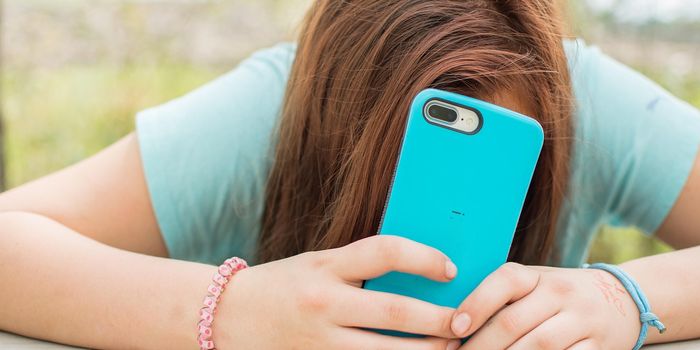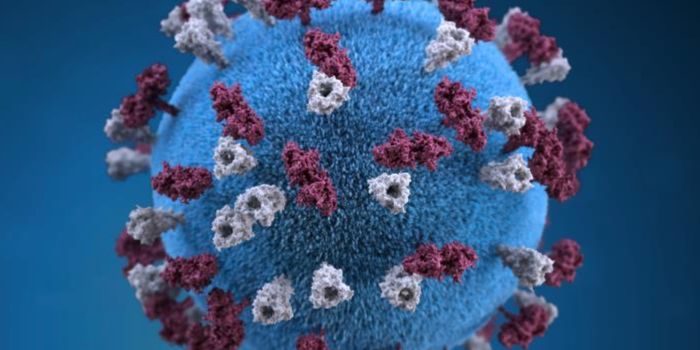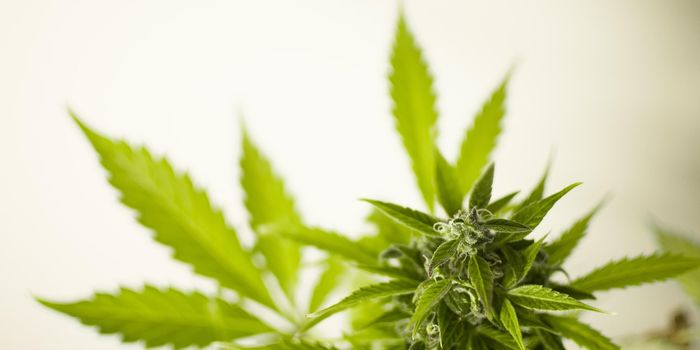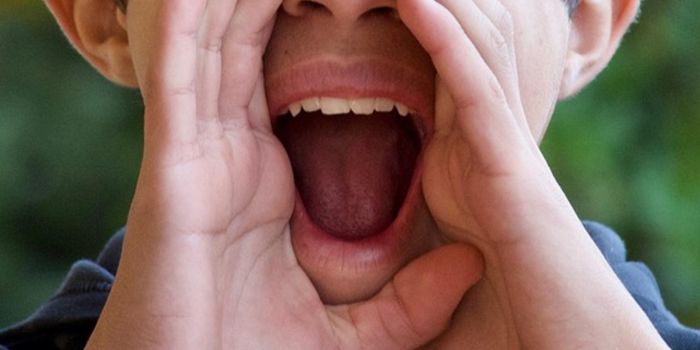Why You Feel Groggy After Drinking the Night Before
Let's say you've had a drink or two before bedtime to wind down and get sleepy. You feel relaxed and easily lose consciousness when your head hits the pillow, but you wake up the next morning feeling groggier than ever and that feeling lasts well into the day. What's going on here? It's not like you had so much to drink that you're hungover. The answer lies in how alcohol affects the quality of our sleep.
Paradoxically, alcohol has both sedating and stimulating effects on the brain, which may explain why it turns some people into carefree, happy drunks and others into angry, abusive drunks. It also explains how something that makes us so sleepy can actually ruin our sleep quality later on in the night. As Dr. Jennifer Martin of UCLA explains, as alcohol is metabolized, it becomes very activating, so you pay for those drinks in the second half of the night.
Shortly after falling asleep, high blood alcohol levels create a sensation of calm and deep sleep by acting on the neurotransmitter GABA to slow down nerve impulses and by suppressing the dream-phase of sleep, REM sleep.
But, from the relative drop in blood alcohol levels as the night goes on, your brain and body become stimulated and restless, which interrupts deep sleep. The drop in levels is also linked with more vivid and stressful dreams.
Other strange ways alcohol may interrupt your sleep? For those who are older, the diuretic effects of alcohol may lead to frequent trips to the toilet in the middle of the night.
Alcohol, because it is a muscle relaxant, may over-relax the upper airway muscles, causing those who are prone to snoring and sleep apnea to snore more and breathe less often, stressing their body and waking them from sleep.
What can be done to restore healthy sleep patterns in people who drink alcohol to get to sleep? Either abstain from alcohol, at least for 2 weeks, to start fresh or stop drinking so close to bedtime. Using alcohol as a sleep aid will increase tolerance to it. You'll need more to feel its sedating effects, which potentially creates dependency while perpetuating poorer sleep quality.
Sources: The New York Times, Curr Top Behav Neurosci








